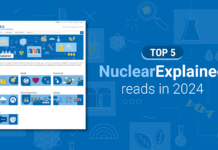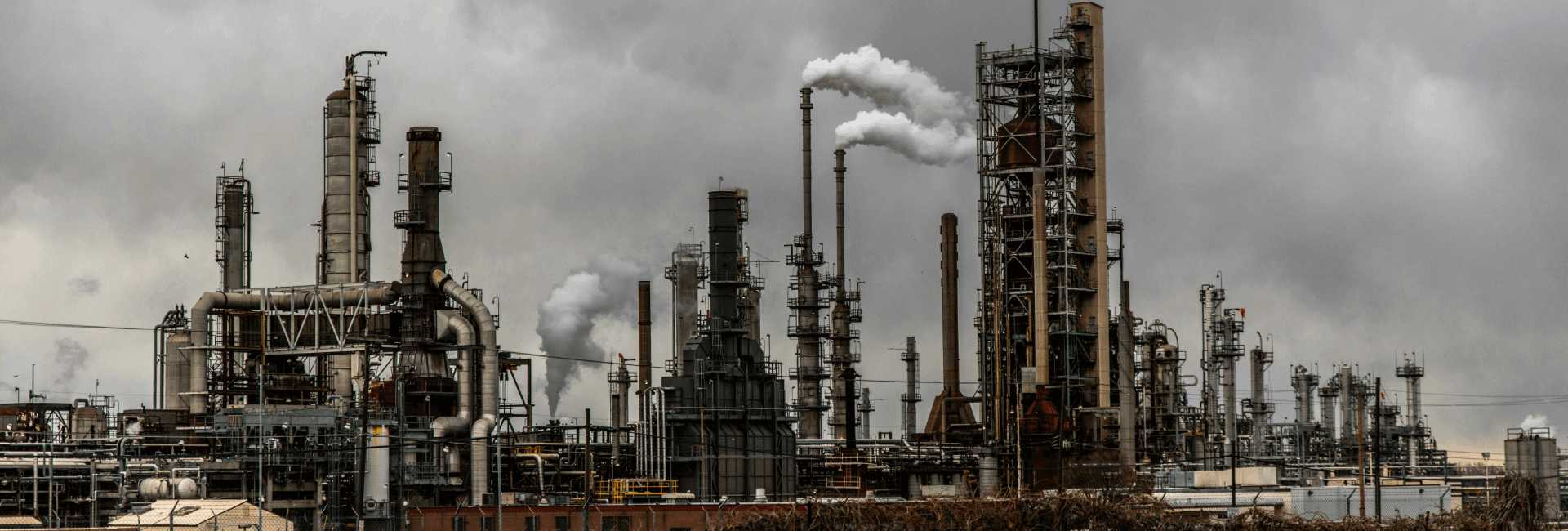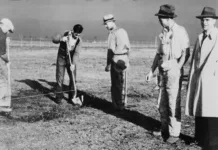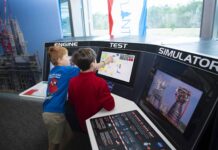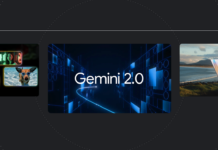The Advantages of Virtual Reality Training in the Oil and Gas Industry
In recent years, Virtual Reality (VR) has emerged as a revolutionary tool across various sectors, and the oil and gas industry is no exception. The integration of VR technology into training programs in this field offers numerous benefits, making the learning process more efficient and effective. This article explores the key advantages of VR training in the oil and gas industry, offering insights into how it enhances employee learning and operational efficiency.
Faster Learning
One of the most significant benefits of VR training in the oil and gas industry is its ability to facilitate faster learning. VR immerses employees in a simulated environment where they can perform tasks similar to those they will encounter in the real world. This hands-on experience engages multiple senses, leading to quicker comprehension and retention of information. When employees make mistakes in a VR setting, they can immediately see the consequences, which helps imprint the experience in their memory. The instant feedback allows trainees to quickly adjust their actions while the experience is still fresh in their minds, leading to improved learning outcomes.
Contextual Knowledge
While practical experience is invaluable, theoretical knowledge remains crucial, especially when dealing with complex machinery and intricate processes. VR training sessions in the oil and gas industry can seamlessly integrate relevant information such as voltage, capacity, power, and the purpose of various equipment. This information can be presented as text or narrated to ensure the trainee receives the necessary details without distraction. This blend of practical and theoretical learning ensures that employees have a comprehensive understanding of their tasks and responsibilities.
Better Engagement
Traditional classroom learning sessions can often be monotonous and less engaging, leading to poor knowledge retention. By introducing VR training, the oil and gas industry can significantly enhance trainee engagement. The immersive nature of VR captures the trainees’ attention, allowing them to step into a virtual world that mirrors real-life scenarios. This immersive experience helps embed instructions, tips, and guidelines into their minds more effectively than traditional lectures. As a result, employees who undergo VR training tend to be more confident, productive, and make fewer mistakes in their work.
Improved Assessment
VR training provides numerous opportunities for evaluating trainee performance. By creating realistic scenarios, trainers can collect a wealth of analytical data to assess various aspects of performance, including decision-making abilities, response times, precise movements, and steady hands. This data-driven approach enables trainers to determine whether a trainee is ready for certification or needs additional training. The ability to evaluate these complex metrics ensures that employees are well-prepared for their roles in the field.
On-Demand and Custom Training Programs
Another significant advantage of VR training in the oil and gas industry is the flexibility it offers in terms of training programs. Companies can create customized VR scenarios tailored to their specific needs, allowing for on-demand training sessions. This is particularly useful when employees need to quickly learn new skills, renew certifications, or adapt to changes in operations. Unlike traditional training methods that can disrupt work schedules and require facility adjustments, VR training can be conducted without any major interruptions to regular workflows.
Moreover, VR training modules can be easily updated or modified to reflect changes in real-world operations, offering businesses the freedom to develop programs that align with their evolving goals. This adaptability ensures that training remains relevant and effective, helping companies maintain a competitive edge in the industry.
Additional Insights and Reactions
As VR technology continues to advance, its applications in the oil and gas industry are expected to expand further. Industry experts believe that VR training can significantly reduce the risks associated with traditional training methods, such as accidents that may occur during on-site training. By providing a safe and controlled environment for learning, VR training minimizes the potential for injuries and equipment damage, ultimately saving companies both time and resources.
Furthermore, VR training supports sustainable practices by reducing the need for physical resources, such as printed materials and travel for trainers and trainees. This not only contributes to a company’s environmental goals but also reduces operational costs in the long run.
The adoption of VR training also demonstrates a company’s commitment to innovation and employee development. By investing in cutting-edge technology, businesses can attract top talent and retain skilled employees who recognize the value of advanced training methods.
Conclusion
In conclusion, VR training offers a multitude of benefits for the oil and gas industry, from accelerating the learning process and enhancing engagement to providing comprehensive assessments and flexible training options. As companies continue to embrace digital transformation, the integration of VR technology into training programs will likely become a standard practice, driving efficiency and safety in the industry. Embracing these advancements not only prepares employees for the challenges of their roles but also positions companies for success in an increasingly competitive market.
For more insights into the transformative impact of VR in the oil and gas industry, you can explore further resources and case studies available online.
For more Information, Refer to this article.






















